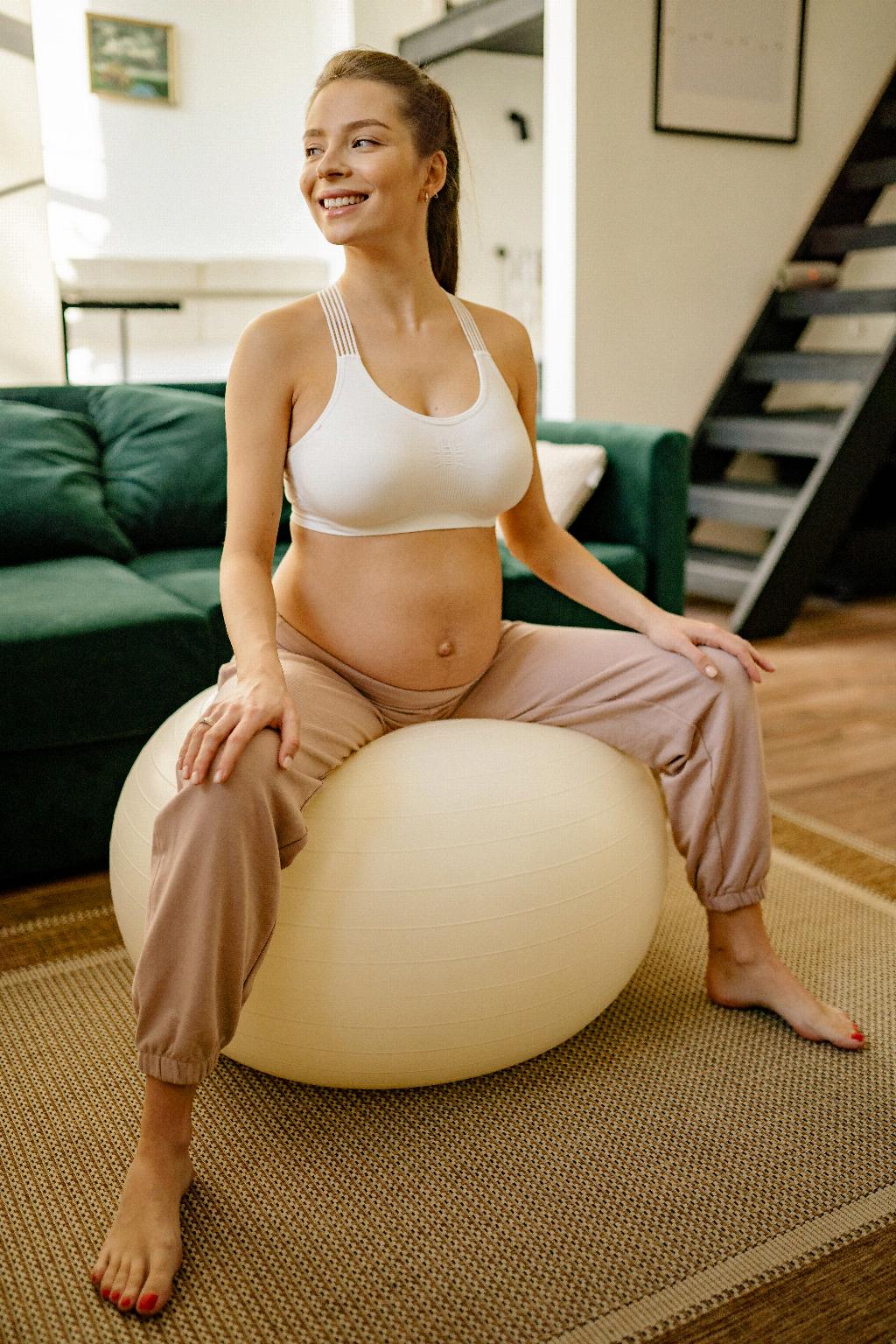During pregnancy, many women are concerned about the safety of certain beauty treatments, including those related to hair care. It’s essential to be cautious about the products and procedures you use during this time, as certain chemicals can potentially harm both you and your baby. One common hair treatment that is not recommended during pregnancy is keratin hair-straightening treatments.
Keratin hair treatments often contain formaldehyde, a chemical that can be harmful when inhaled or absorbed through the skin. During pregnancy, it’s best to avoid exposure to formaldehyde as much as possible, which means skipping keratin treatments until after you’ve given birth. Opting for natural hair-care alternatives can be a safer choice during this sensitive time.
While some hair treatments are off-limits during pregnancy, it’s important to note that you can usually continue using your regular shampoo, conditioner, hair spray, gel, mousse, and styling tools without worry. However, if you use a prescription dandruff shampoo that contains specific ingredients, it’s wise to consult your healthcare provider to ensure that it’s safe for use during pregnancy.
Another hair treatment to be cautious about during pregnancy is hair dye containing certain chemicals, such as ammonia or resorcinol. Though research on the safety of hair dye during pregnancy is limited, many healthcare providers recommend avoiding chemical hair dyes, especially in the first trimester when the baby’s organs are developing.
If you’re looking to color your hair during pregnancy, opting for ammonia-free or natural hair dyes can be a safer choice. These alternatives are generally considered less harsh on the hair and scalp, reducing the risk of potential harm to you and your baby. It’s always best to consult with your doctor before trying any new hair treatments during pregnancy.
Perms and straightening treatments that use harsh chemicals or strong odors should also be approached with caution during pregnancy. The chemicals in these treatments can be absorbed through the scalp and skin, potentially posing risks to the developing fetus. It’s advisable to wait until after pregnancy to undergo such procedures to ensure the safety of both mother and child.
While maintaining your hair health and style is important, prioritizing the well-being of your baby is paramount during pregnancy. By staying informed about the potential risks of certain hair treatments and opting for safer alternatives, you can help ensure a healthier pregnancy journey for you and your little one.

